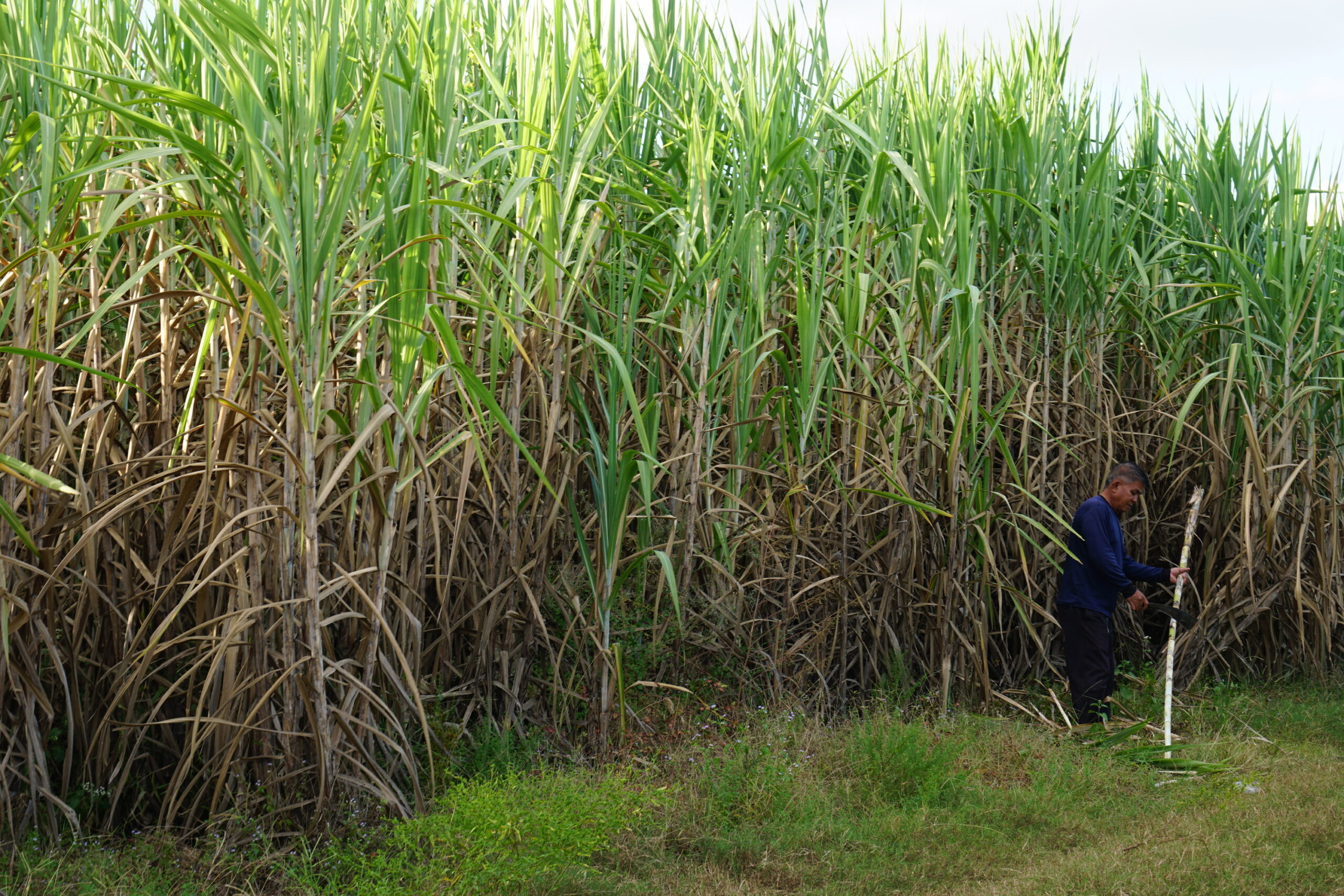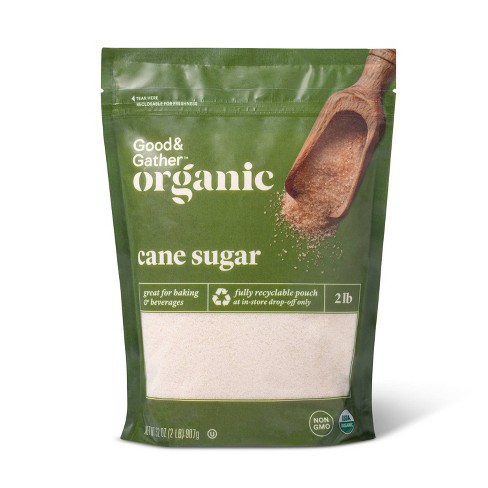Sugar and Cane: A Guide to Their Nutritional Benefits and Uses
Sugar and Cane: A Guide to Their Nutritional Benefits and Uses
Blog Article
Why Cane Sugar Handling Chemicals Are Essential for Modern Sugar Refining
The role of walking cane sugar processing chemicals in modern sugar refining can not be overstated, as they are essential to boosting both the effectiveness of extraction and the general quality of the last product. Agents such as phosphoric acid and certain flocculants are used to eliminate pollutants, causing sugar that not only meets consumer assumptions yet likewise sticks to sector standards. The implications of these chemicals extend beyond high quality, touching upon market dynamics and environmental factors to consider. sugar and cane. This elevates important questions about the sustainability of such methods and their effect on the future of sugar manufacturing.
Function of Handling Chemicals
The efficiency of cane sugar handling pivots significantly on the critical application of handling chemicals. These chemicals play an essential function in boosting the effectiveness and quality of sugar extraction and refining. From the initial phases of juice removal to the last purification steps, processing chemicals facilitate numerous critical procedures.
In the removal stage, chemicals such as phosphoric acid and calcium hydroxide are utilized to optimize the explanation process, helping to remove contaminations and put on hold solids from the walking cane juice. This not only improves the return however additionally makes sure the clarity of the end product. In addition, representatives like flocculants aid in the fast settling of pollutants, consequently improving the overall procedure.
Turned on carbon and ion exchange resins offer to get rid of shade and smell, making sure that the polished sugar fulfills customer high quality requirements. Thus, the meticulous option and application of these chemicals are crucial for achieving optimal outcomes in walking stick sugar handling.
Key Kinds Of Chemicals
Cane sugar handling counts on a range of key chemicals that promote each phase of manufacturing. These chemicals play crucial roles in making clear, lightening, and detoxifying the sugar removed from cane.
One primary category of chemicals includes flocculants, such as polyacrylamide, which help in the explanation procedure by advertising the gathering and settling of contaminations. In addition, calcium hydroxide is often employed to neutralize level of acidity and aid in the elimination of non-sugar parts.
Lightening representatives, such as turned on carbon and sulfur dioxide, are made use of to decolorize the syrup, causing a more clear end product. These chemicals help get rid of shade substances that might affect the sugar's look and bankability.
Additionally, phosphoric acid offers as a pH regulatory authority during the handling phases, making sure ideal conditions for the enzymatic tasks included in sugar extraction and purification.
Other essential representatives include edta (ethylenediaminetetraacetic acid), which chelates metal ions that can catalyze unwanted reactions, and salt hydroxide, which helps in pH control throughout the refining process. Jointly, these chemicals enhance performance and make certain a high-grade walking stick sugar product.
Advantages for Sugar Quality
Usually ignored, the use of certain processing chemicals dramatically improves the general top quality of walking cane sugar. These chemicals play a critical duty in refining procedures, guaranteeing that the final item meets stringent market standards for pureness and taste.

In addition, processing chemicals help in accomplishing a constant granulation and he has a good point appearance, which are important for customer acceptance. By controlling the formation procedure, these chemicals ensure that the sugar crystals form consistently, bring about an extra enticing product that dissolves well in numerous applications.
Moreover, using these chemicals can improve the life span of walking cane sugar by reducing moisture absorption and microbial growth. Generally, the tactical application of processing chemicals is essential for providing premium cane sugar that fulfills customer expectations and sector demands.
Environmental Effect Considerations

In addition, the energy-intensive nature of sugar refining, compounded by chemical use, typically results in increased carbon exhausts. This contributes to environment modification and elevates concerns relating to the sustainability of existing refining techniques. In addition, the sourcing of these chemicals may include methods that intimidate biodiversity, such as monoculture farming, which lowers the strength of agricultural communities.

To mitigate these impacts, sugar refiners are progressively exploring sustainable options and adopting best practices that reduce chemical usage. Executing extensive ecological monitoring systems can help make sure that the refining process lines up with environmental criteria and advertises biodiversity. Inevitably, a balanced technique that focuses on both sugar top quality and ecological stewardship is necessary for the long-lasting viability of the sugar sector.
Future Patterns in Refining
As the sugar industry faces the environmental challenges connected with conventional refining techniques, visit site innovative methods are emerging to improve both performance and sustainability. One substantial pattern is the fostering of eco-friendly chemistry concepts, which prioritize the usage of non-toxic, eco-friendly processing chemicals. This change not only lessens ecological effect but additionally addresses consumer need for cleaner production methods.
An additional promising development is the implementation of advanced purification technologies, such as membrane separation and adsorption procedures. These strategies improve the clearness and quality of the sugar while lowering the volume of wastewater created throughout refining. Furthermore, the combination of electronic innovations, including IoT and AI, is changing functional efficiency by enabling real-time monitoring and predictive upkeep, thus decreasing source waste.
Furthermore, the use of by-products from sugar refining, such as bagasse and molasses, is obtaining grip. These products can be exchanged biofuels or value-added products, adding to a circular economic climate within the industry. Collectively, these trends signal a change in the direction of more lasting methods that not only boost operational performance but additionally line up with worldwide sustainability goals, guaranteeing the future feasibility of sugar refining.
Verdict
Cane sugar processing chemicals are crucial in modern sugar refining, substantially enhancing the effectiveness and quality of sugar extraction. The calculated use these chemicals not just improves the purity and taste of the end product however likewise guarantees constant crystallization and texture. As the industry significantly focuses on sustainability, the fostering of environmentally-friendly processing agents is most likely to form future patterns in refining, eventually resulting in higher high quality products and extended service life for customers.

Ultimately, a well balanced method that focuses on both sugar top quality and environmental stewardship is necessary for the long-term stability of the sugar market.
Walking cane sugar handling chemicals are vital in modern-day sugar refining, substantially enhancing the performance try this web-site and quality of sugar removal.
Report this page